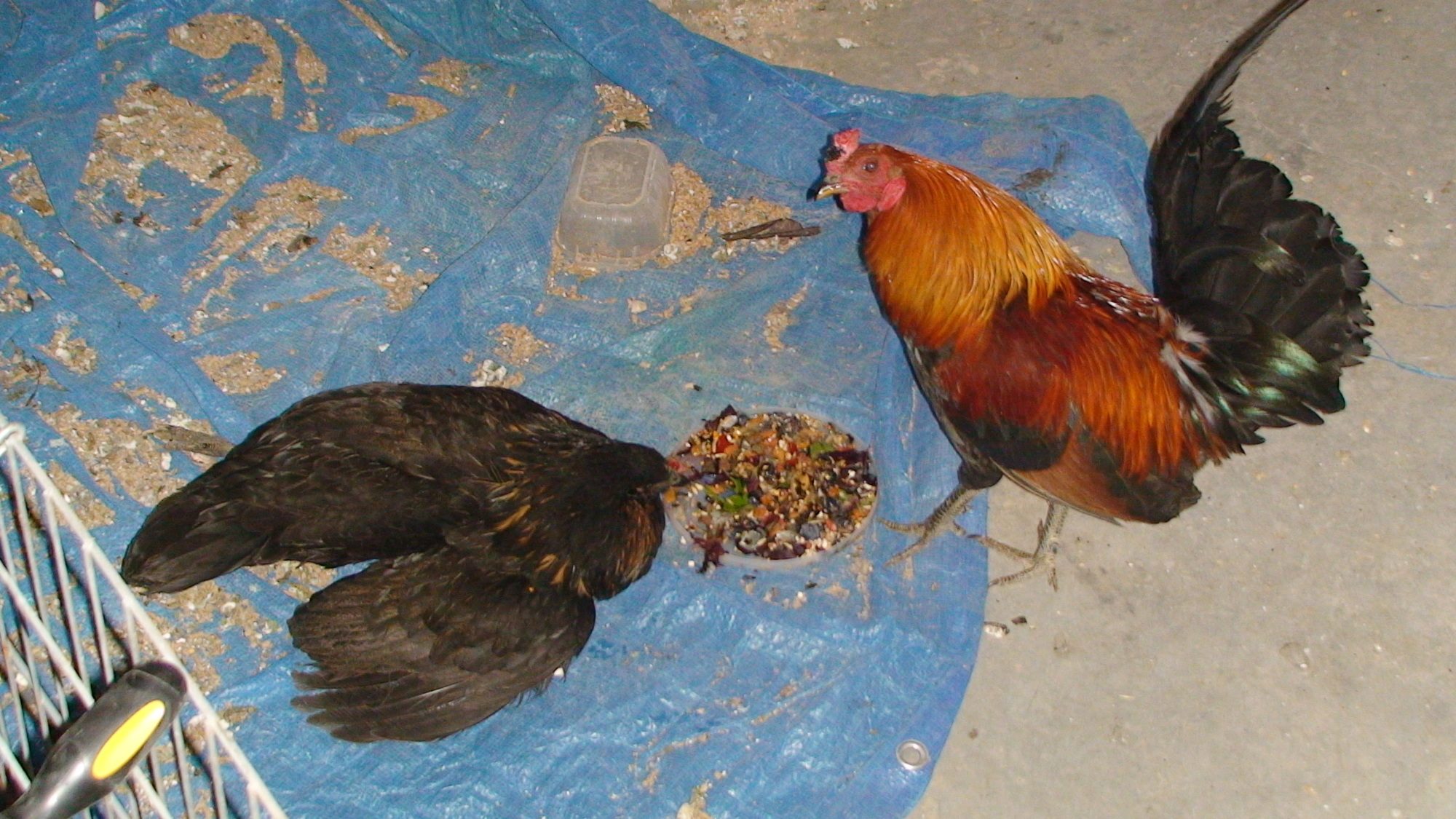I disagree with the hatcheries....they are not looking at new data. I know for a fact, through necropsy, that my birds have Marek's. I have no idea where it came from. No chickens have ever been in this yard....
The state lab didn't even flinch when they gave me the diagnosis...not, wow, this is rare! On the contrary, she seemed as if it were just another in a long line....
It's out there and it's real.
I guess you already know how important a flock history is. I do not doubt that the lab didn't flinch. Sad thing.
leadwolf1, have any of your flock birds had exposure to any chicken other than day old hatchery chicks or hatched eggs by you? It only takes one, as I learned, the only one I bought as a pullet.
Even a chick from a feed store may have been exposed. Vaccinated or not, if exposed, they can infect others, and the exposed chick not die from the side effects, just carry the disease.



